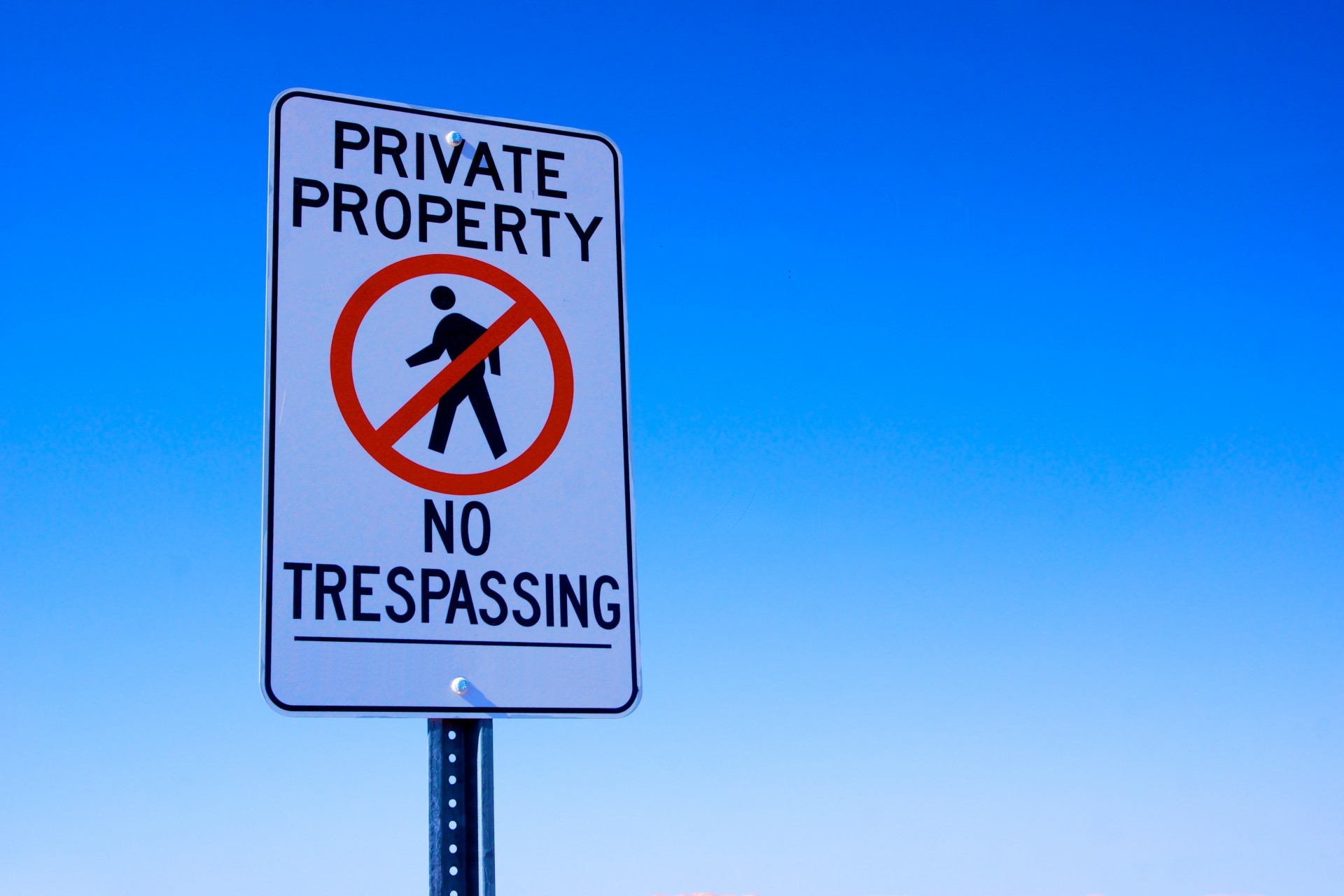Purpose:
This guide outlines clear, informed steps for residents of Morangup and surrounding rural areas to follow if they experience unauthorised entry, verbal threats, or physical assault on private land. Safety, evidence gathering, and legal response are prioritised.
1. Immediate Safety and De-escalation
- Stay calm and avoid engaging physically or aggressively.
- Retreat to a safe location if you feel threatened.
- Call WA Police immediately:
- Emergency: 000
- Non-emergency: 131 444
2. Issue a Verbal Warning
Say clearly: "You are on private property without lawful authority. Leave immediately."
Record this statement if safe to do so.
3. Do Not Engage Further
- Do not touch or physically remove the person.
- Ignore verbal provocation and maintain composure.
4. Document the Incident
- Record video or audio.
- Take note of time, names, and physical description.
- Photograph vehicles, licence plates, damage, or signs.
- Write a summary of events as soon as possible.
5. Report to WA Police
- Attend your local police station or call to file a report.
- Bring: photos, recordings, written statements, witness names.
- Request an Incident Report Number.
6. Offences to Cite
- Trespass – Criminal Code (WA) s.70A
- Verbal Assault – May qualify as intimidation or disorderly conduct
- Common Assault – Criminal Code (WA) s.313
7. Follow-Up Options
- Request updates from the police station handling the file
- Escalate complaints to Internal Affairs or CCC WA if needed
- Consider private prosecution under Criminal Procedure Act 2004 (WA) s.20
8. Additional Recommendations
- Install clear signs such as 'No Trespassing – Private Property' or 'Access by Warrant Only'
- Use fences and locked gates to assert private boundaries
- Maintain logs and retain CCTV footage for at least 30 days
⚠️ UNLAWFUL ASSAULT — PHYSICAL OR VERBAL — IS A CRIMINAL OFFENCE
Under Section 313 of the Criminal Code Act Compilation Act 1913 (WA), any person who unlawfully assaults another is guilty of an offence.
An assault includes not only physical violence, but also verbal threats or gestures that cause another person to fear immediate harm. As per Section 222, assault is defined as:
"A person who strikes, touches, or moves, or otherwise applies force of any kind to the person of another, either directly or indirectly, without their consent, or who by any bodily act or gesture attempts or threatens to apply force of any kind to the person of another without their consent, under such circumstances that the person making the attempt or threat has actually or apparently a present ability to effect their purpose, is said to assault that other person."
Examples of assault include:
- Physically hitting, pushing, or shoving someone without consent
- Making threatening gestures, such as raising a fist in a threatening manner
- Shouting threats of violence in a way that causes fear of immediate harm
💡 Self-Defence and Trespass Context
It is NOT considered an offence if a person lawfully in control of private property acts in self-defence during an unprovoked assault by a trespasser or unlawful entrant. Under Section 248 of the Criminal Code (WA), a person is legally justified in using reasonable and proportionate force to defend themselves, their family, or others from attack.
This means:
- If someone unlawfully enters private property and initiates an assault, the occupant has a lawful right to defend themselves.
- The defence must be proportionate to the threat — excessive retaliation may still attract charges.
- Verbal warnings and de-escalation are always recommended where safe to do so.
🔒 Penalties for Assault
- Common Assault: Up to 18 months' imprisonment and a $18,000 fine
- Aggravated Assault: Up to 3 years' imprisonment and a $36,000 fine
Assaults committed against lawful occupiers of land by unauthorised entrants will be treated seriously and prosecuted. However, lawful residents are entitled to safety and have the right to defend themselves from aggression under Western Australian law.
⚠️ WARNING: FALSE COMPLAINTS & DECEPTIVE CLAIMS ARE CRIMINAL OFFENCES
Knowingly making false or malicious complaints to WA Police — or intentionally causing someone to believe a crime has occurred when it hasn’t — are serious criminal offences under Western Australian law.
Under Section 170 of the Criminal Code Act Compilation Act 1913 (WA), it is a crime to give false information to any official, including police:
- Penalty (on indictment): Up to 3 years’ imprisonment
- Summary conviction: 18 months' imprisonment and a $18,000 fine
Under Section 171 – Creating False Belief:
(1) A person commits a crime if they intentionally create a false belief or suspicion that an offence has been or is about to be committed, and that belief is of such a nature as would reasonably call for action by the Police Force or emergency services.
- Penalty (on indictment): 2 years’ imprisonment
- Summary conviction: 12 months' imprisonment and a $12,000 fine
In addition, the court may order the offender to repay the cost of any police or emergency response caused by the false report, under Part 16 of the Sentencing Act 1995 (WA).
Bottom line: False, retaliatory, or malicious complaints can and will result in serious criminal penalties — including jail time, fines, and personal liability for police costs.
This document is general in nature and does not constitute legal advice. Seek legal assistance for specific cases.

